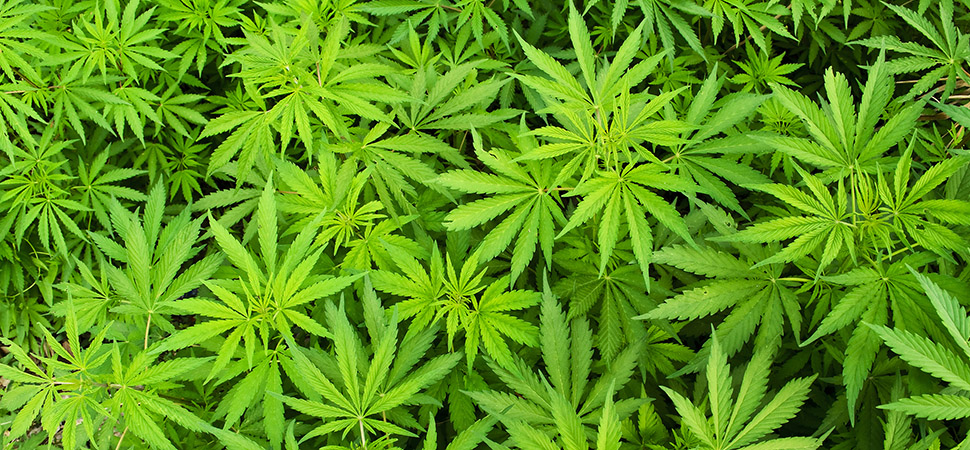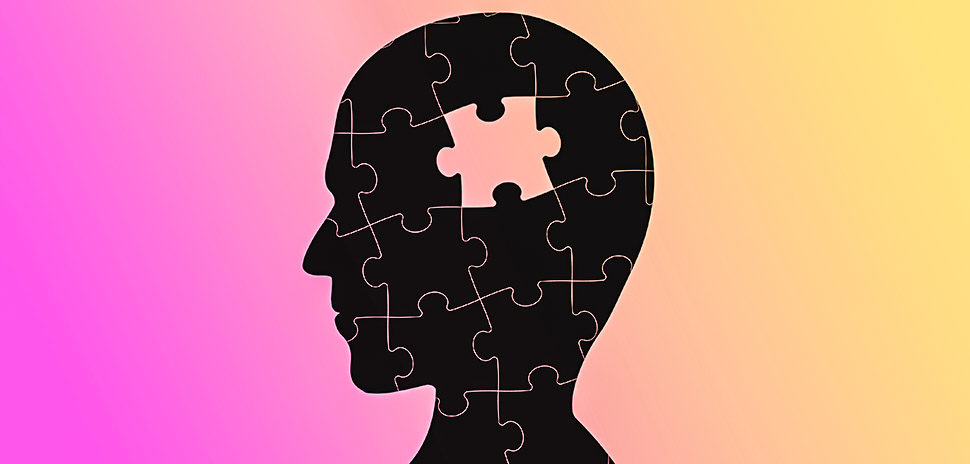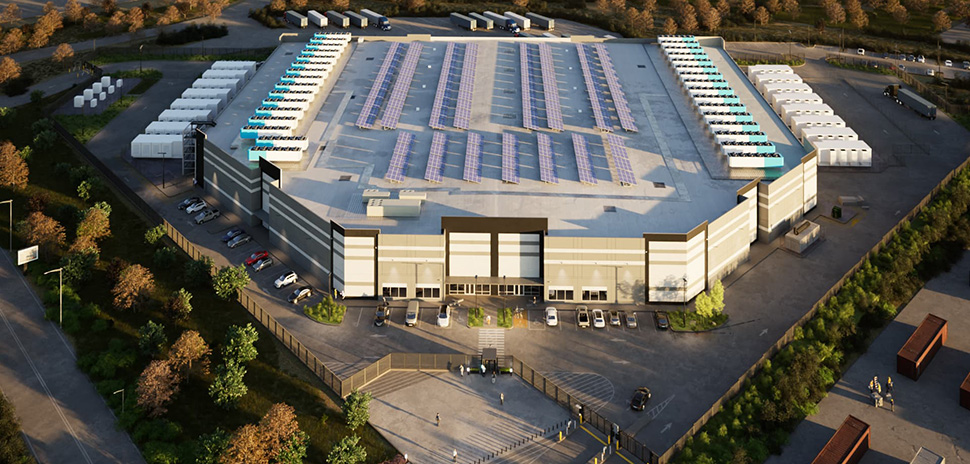UT DALLAS’ FRANCESCA FILBEY LOOKS FOR ANSWERS ON EFFECTS, DEPENDENCE IN HER STUDY
Many states in recent years have legalized marijuana use for either medical or recreational purposes, and a new study by a researcher at the Center for BrainHealth at the University of Texas at Dallas suggests that it might be prudent to step back and take a closer look at how the drug affects the human brain.
![UT Dallas Associate Professor Francesca Filbey. [UT Dallas Photo]](http://s24806.pcdn.co/wp-content/uploads/2016/07/DR.-FILBEY-ENVIRONMENTAL-300x139.jpg)
UT Dallas Associate Professor Francesca Filbey. [UT Dallas Photo]
The study by Francesca Filbey, Ph.D., director of cognitive neuroscience of addictive behaviors at the Center for BrainHealth, indicates that heavy use of marijuana can rewire the brain’s ability to process natural rewards.
“It really does change the way the brain responds to natural rewards,” Filbey told me.
MARIJUANA RESEARCH PUBLISHED IN JAMA
Filbey, an associate professor at UTD, has spent years researching researching the causes and consequences of addiction, and recently published the results of her new study in the Journal of the American Medical Association.
The drug “rewires the architecture of the brain, making it more sensitive to marijuana,” she said. The question is, however, are the changes the cause or the consequence of marijuana use.
Filbey said she studied a number of marijuana users who were asked why they used it — either for medical purposes or as a recreational drug.
Most of her subjects were recreational users, she said.
Filbey said the point of the research was to examine how marijuana affects the brain, and to look at ways to help people who have become dependent.
“When presented with marijuana cues compared to fruit, marijuana users showed enhanced response in the brain regions associated with reward.” Francesca Filbey
To study how the part of the brain that deals with reward stimuli, she presented marijuana paraphernalia as the reward in comparison to other forms of reward.
“When presented with marijuana cues compared to fruit, marijuana users showed enhanced response in the brain regions associated with reward,” Filbey said. “We found that this disruption of the reward system correlates with the number of problems, such as family issues, individuals have because of their marijuana use.”
She went on: “Continued marijuana use despite these problems is an indicator of marijuana dependence. In essence, these brain alterations in the reward system could be a marker of transition from recreational marijuana use to problematic use.”
Filbey told me, “This is the part of the brain that associates benign objects and associates it with the use of the drug. It’s very challenging to be around these objects (paraphernalia) without triggering this response to these objects.”
These reward cues can make the drug addictive, she said.
“We know that people have a hard time staying abstinent because seeing cues for the drug use triggers this intense desire to seek out the drugs,” Filbey said. “We found drug-related paraphernalia triggers the reward areas of the brain differently in dependent and non-dependent users.”
She also found that the age at which an adolescent begins using the drug can affect normal brain development. For example, she said that study participants who began using marijuana at the age of 16 or younger “showed brain variations that indicated arrested brain development in the prefrontal cortex, the part of the brain responsible for judgment, reasoning, learning. and motivation.”
Younger users “showed brain variations that indicated arrested brain development in the prefrontal cortex, the part of the brain responsible for judgment, reasoning, learning. and motivation.”
Conversely, persons who started using marijuana at a later age showed the opposite effect and exhibited signs of accelerated brain aging.
Twenty-five states states have legalized recreational or medical marijuana use.
Last year in Texas, legislators legalized the use of cannabis oil for severe epileptic patients who have uncontrolled seizures, but the state has not legalized the use of the drug itself for recreational or medicinal users.
Filbey said that the long-term effect on medicinal users is something that still needs to be studied.
“That’s a question that’s left unanswered,” she said. “We don’t have existing studies that ask those questions for those individuals.”
She said more research is needed in that area.
“Hopefully, in states where more people are using it for medicinal purposes, we can look at that,” Filbey said.
She said more research needs to be done in how the drug use affects the brain in general, so that a clearer picture can be developed on how to aid those who have become dependent on the drug.
Filbey joined the Center for BrainHealth in 2010. She studied neuroimaging and the genetics of addictive disorders at the Mind Research Network at the University of New Mexico,and she is a graduate of King’s College in London.
For a daily dose of what’s new and next in Dallas-Fort Worth innovation, subscribe to our Dallas Innovates e-newsletter.



































































